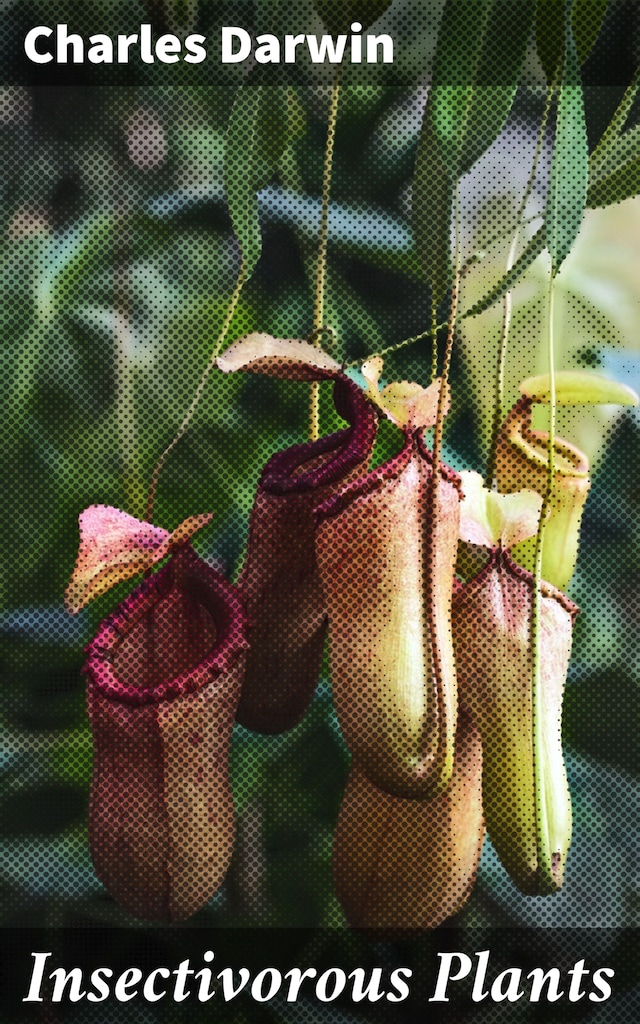
Insectivorous Plants
Description of book
Charles Darwin's 'Insectivorous Plants' is a groundbreaking work that delves into the fascinating world of carnivorous plants. This scientific study explores the evolutionary adaptation of plants to carnivorous habits, providing detailed observations and experiments on various species. Darwin's descriptive and analytical writing style offers valuable insights into the mechanisms and ecological significance of insect-eating plants, shedding light on the intricate relationships between plants and their prey. The book not only presents accurate scientific data but also showcases Darwin's keen observational skills and dedication to the study of natural history in the 19th century. 'Insectivorous Plants' stands as a significant contribution to the understanding of plant biology and evolutionary theories, enriching the field of botany with its rigorous research and thorough documentation. Charles Darwin, renowned for his revolutionary contributions to the theory of evolution, demonstrates his profound curiosity and scientific rigor in 'Insectivorous Plants.' His background as a naturalist and biologist equipped him with the tools needed to conduct in-depth research and observations that led to the writing of this seminal work. Darwin's relentless pursuit of knowledge and his passion for exploring the natural world culminate in the comprehensive study of carnivorous plants, showcasing his intellectual curiosity and dedication to scientific inquiry. I highly recommend 'Insectivorous Plants' to readers interested in botany, evolutionary biology, and natural history. Charles Darwin's meticulous research and insightful analysis make this book a valuable resource for scholars, students, and enthusiasts seeking a deeper understanding of plant adaptation and ecological interactions in the natural world.
 Charles Darwin
Charles Darwin 535 Pages
535 Pages